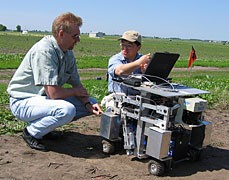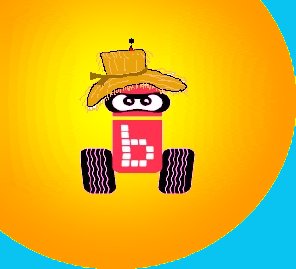

 |
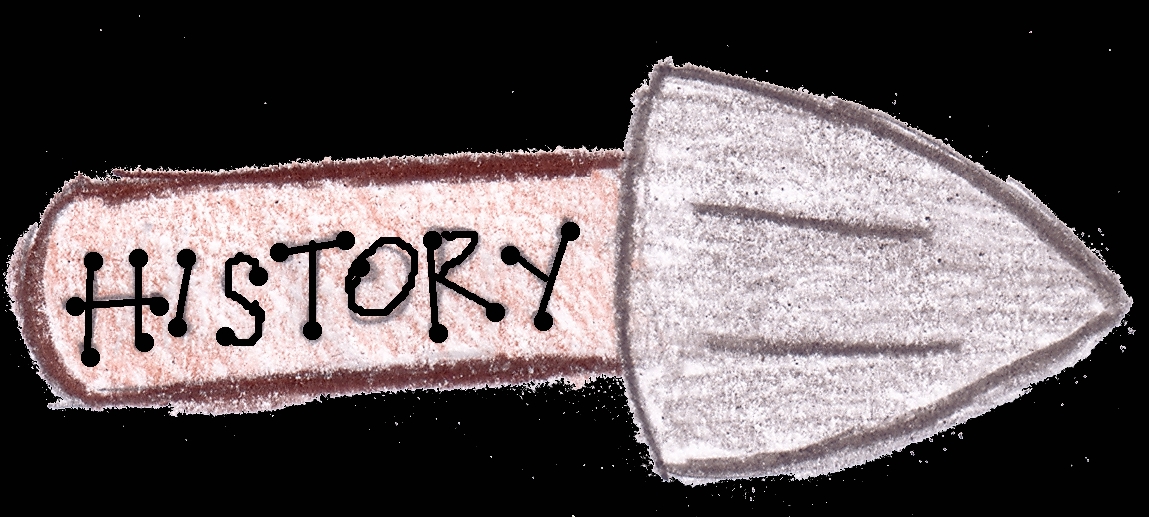 |
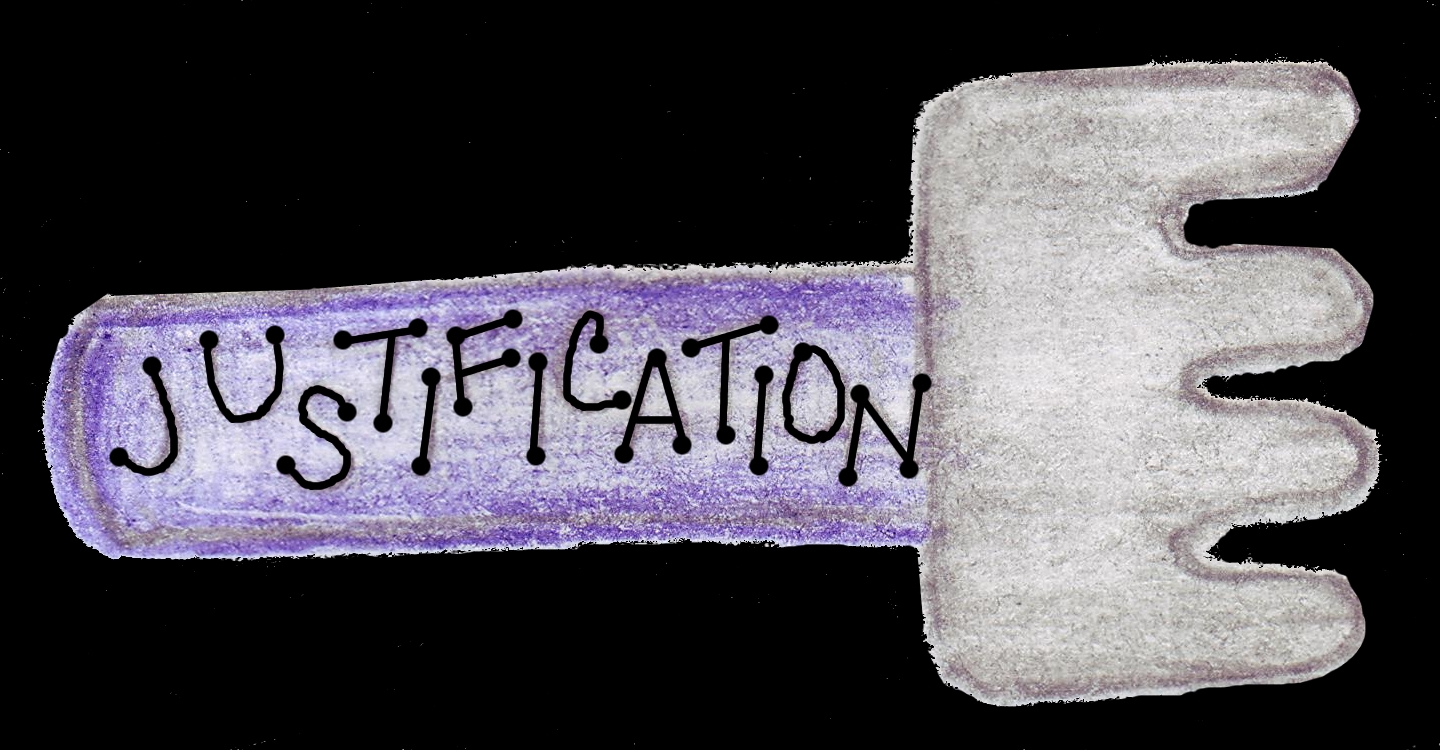 |
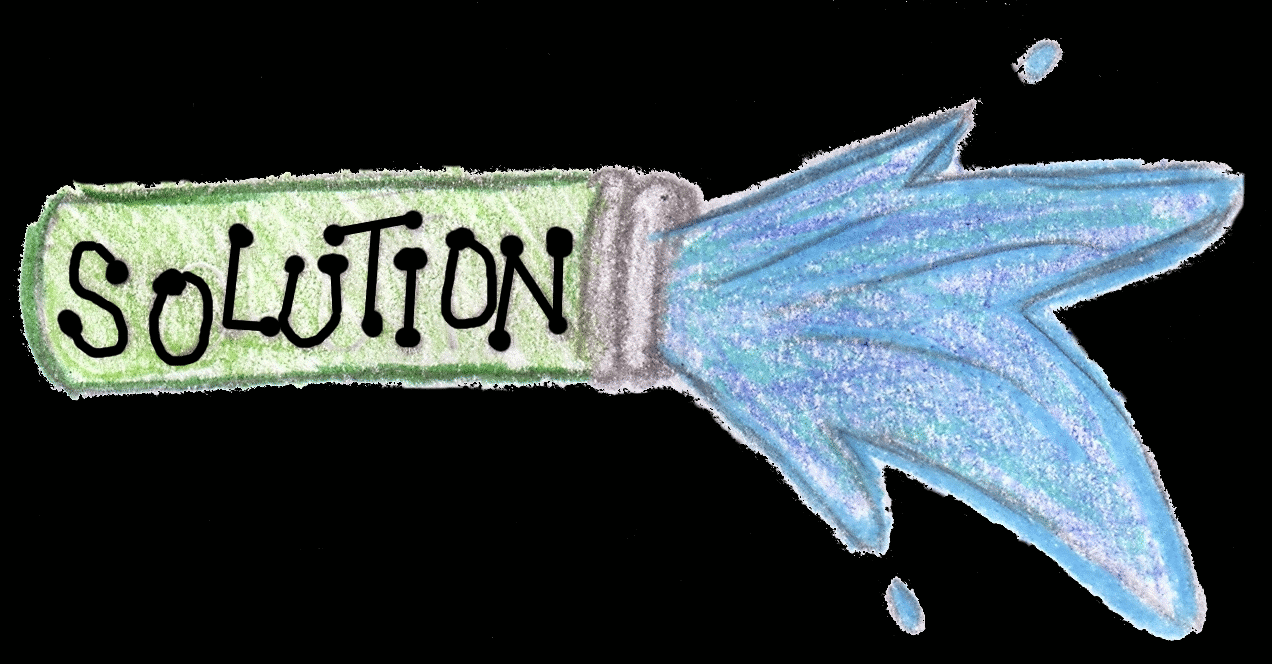 |
 |
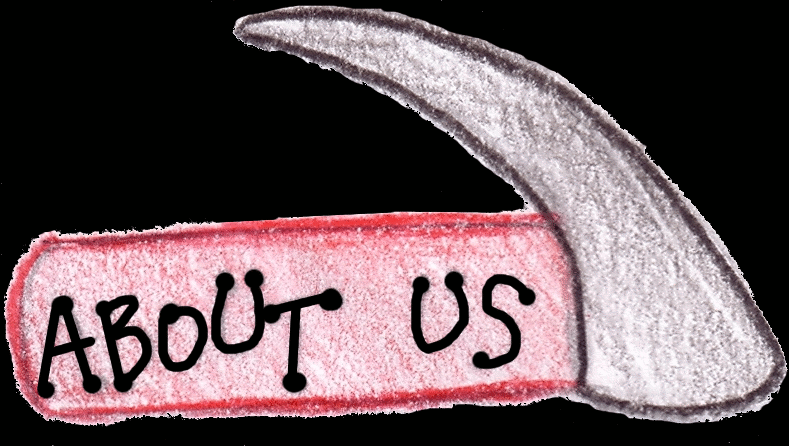 |
Justification
In several movies such as Star Wars people have their own robots that can milk cattle, water crops, and take care of the animals. Even though we don’t expect our robots to save the world, it would be nice to have our robots do the boring, everyday things that no one wants to do like grow our crops and provide food for the worlds growing population. In addition it would be nice if robots helped to reduce the pollution and ecological impact that farming causes.
We are going to concentrate our justification of developing and using robots in agriculture on two items:
- Costs involved in farming - we believe that using robots in farming can significantly reduce the cost of farming.
- Ecological impact - we believe that farming is ecologically damaging and robots can help prevent some of that damage.
Agriculture has been a huge part of our country's resources since the colonial times when 9 out of 10 people in the United States worked on a farm[5]. The productivity of agriculture has tripled since that time, even though less people are farmers [5]. So, why do we want to invest in agriculture? Well according to James Pinkerton, agriculture[6]:
Agriculture is the path America took on its way to becoming a great power. In agriculture, the big breakthrough came in 1831, with the invention of the McCormick Reaper. Mass-produced in Chicago, the reaper enabled two men to cut as much grain in a day as a dozen or more men using traditional reaping hooks. As a result, labor was freed up to work in factories, accelerating the Industrial Revolution - and the American Dream.
Yet, it's noteworthy that the reaper and similar productivity enhancing inventions came to the American North, not the South. In slave-holding Dixie, where labor was free - if you don't count flogging and lynching and putting down bloody uprisings as costs - there was little incentive to develop labor-saving technology. The low-tech status quo seemed quite OK to plantation owners.
What he’s saying is that the more we invest in farming the faster the work will get done and the less people will have to farm. He also goes on to say that 4/5’s of the farming done in America is already done by machines, but these machines cannot think on their own, they require a human operator. And according to Tony Grift, using robotics in agriculture is nothing new and that countries like Japan and the Netherlands have already been using them, but in controlled environments. However, he is trying to get them to work on their own. [6]
Cost Grift also asks the question, "Who needs 500 horsepower to go through the field when you might as well put a few robots out there that communicate with each other like an army of ants, working the entire field and collecting data?" Grift’s robots cost as little as $150.00 before mass production.[6] They will also replace a lot of the large and expensive tools used today and the robots will be the ones doing the boring, everyday, jobs everyone hates. In addition, if robots can harvest the crops, then less labor needs to be hired to bring in the crops, thereby reducing the farmer's cost even more. We believe this cost savings can be passed on to the consumer, making feeding our families even cheaper. |
|
Ecological Impact of Farming
As the march of mechanization and modernization continue in farming the impact of farming is causing an ecological crisis[1]. According to Oxfam America, "The impact of industrial agriculture on the environment is now widely seen as its most devastating cost to society" [3]. Fertilizer runoff from farmland can pollute groundwater systems, causing large algae outbreaks. These outbreaks kill millions of fish and upset the ecosystems of the rivers, lakes and streams [2]. In fact, it is estimated that 50%-70% of all nutrients that get into the ground water comes from farm runoff [1]. In addition, many of these chemicals used in farming can get into the air, causing problems for people and possibly contributing to global warming [1]. It is estimated that farming accounts for around 10% of all greenhouses gasses emitted by human activity each year [4].
Pesticides and herbicides used in farming can soak into the groundwater and make this water undrinkable for humans. In fact, an underground water system below a major dairy farm in Southern California has been tested to have pollutants higher than the water coming from the sewage treatment plants [2]. Over 939 million pounds of pesticides are sprayed each year in America and only 10% of that does any good and reaches the plants it was meant for [3].
What We Envision
Clearly, farming is a major undertaking, costing lots of money. In addition, our current farming practices are harming our environment. We envision small, cheap robots that cut down on the need for massive quantities of pesticides and other chemicals. Our idea is to create an army of small "frog" robots that travel through the farm catching insects that prey upon plants in a way that does not need pesticides. The insects would then be used as a natural fertilizer to help the plants grow!
